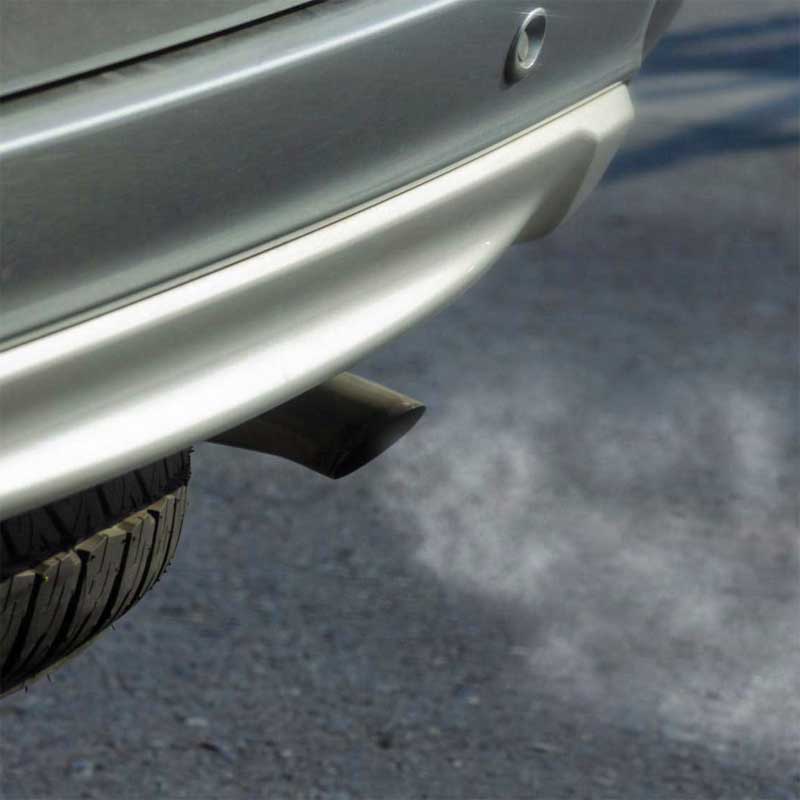So, your car is beginning to chew through oil, but there’s little smoke from the exhaust. What could be the issue?
We’ve asked mechanics and got the answers for you.
You’ve probably been told by your mechanic, or you’ve noticed the oil is low when you are carrying out your own oil change. Perhaps it’s a recent discovery, or perhaps it is becoming more noticeable. And of course, once you know about it, you kind of can’t unsee it. So what is the cause of the car using oil but shows little smoke out the exhaust?
Oil changes are a necessary part of keeping your car running smoothly, but what you might not know is that there can be many causes for using oil without showing any smoke out the exhaust. Some common reasons include engine wear and tear or dirty heads. Small problems like these could quickly turn into larger ones if left unchecked!
There could be a one or a few things going on.
Gaskets or Seals
Another reason a car is burning oil but little smoke out the exhaust is seals and gaskets. It could be damage to the engine gaskets or seals. So check the engine seals and gaskets. If they are damaged, they need replacing. Don’t forget to check your vehicle specifications, it is important to make sure you get the right seals and gaskets for your vehicle. One way is to check your owner’s manual or make a call to your car manufacturer’s spare parts service division.

Engine Valve Seals
It is possible that the engine valve seals are no longer doing their job. To ensure that your engine valves are operating smoothly and without any leaks, it’s important to check for damage or wear on their seal every once in a while. Check for damage or wear to the valve seals and replace if required.
Mechanical Problems
The car engine is a complex and delicate system. It’s important to keep it tuned up with mechanic visits from certified professionals who know what they are doing. If you are experiencing mechanical problems this could be a great time to check the engine. Look for compression issues. Find and replace the parts that need replacing.
PCV Valve
Another possible cause is a faulty or damaged PCV valve. Find and locate the PCV valve and inspect for signs of damage. Test to see if it is faulty. If this is the culprit, it’s time for a new one.
